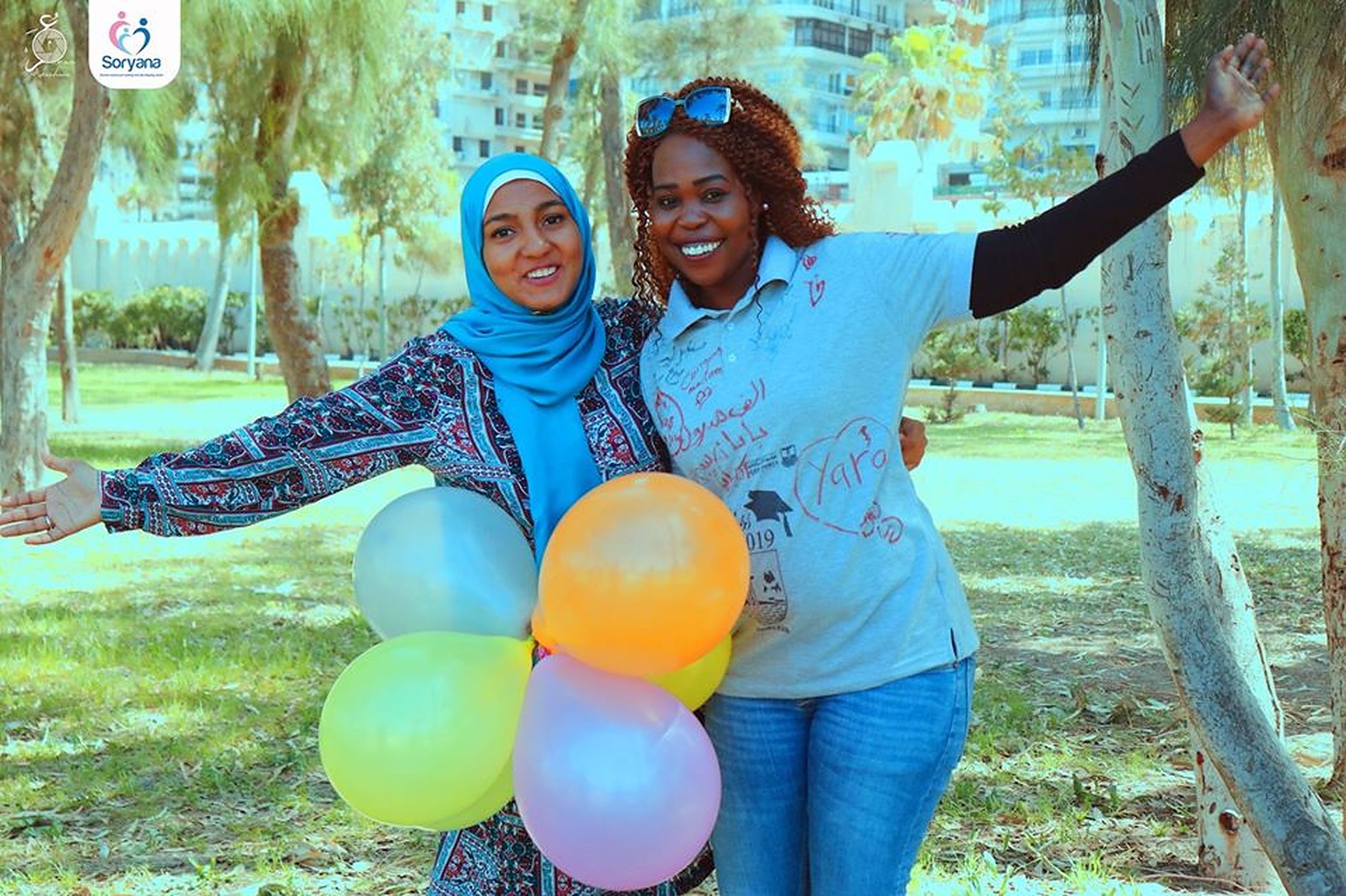Eight years ago, Shefaa Al Refaai and her sister, Refaa Al Refaai, were just two ordinary Syrian girls from Damascus who had just graduated from university with little experience of the world around them. After the troubles of the revolution in Syria at the time, they left to Egypt as refugees – or as ‘guests’ as they prefer to be called. “We came to Egypt and suffered a lot in the first five or six months, because we did not have any job experiences or any knowledge of the community here, so we tried really hard to integrate, make connections and familiarize ourselves with it,” Shefaa Al Refaai tells Egyptian Streets, “I don’t really like the title ‘refugee’, because I feel as though we are like guests coming inside another person’s home, and like all guests, we should also be protected and cared for.” Sitting by the sea in Alexandria in 2012, Shefaa and her sister saw a little child play across them. Gripped by emotions of homesickness and estrangement in a foreign land, both sisters debated whether the child was Syrian or not, until Shefaa Al Refaai went to…
‘We Are Not Refugees, We Are Guests’: How Two Syrian Women Are Integrating Communities Together in Egypt
November 11, 2019



